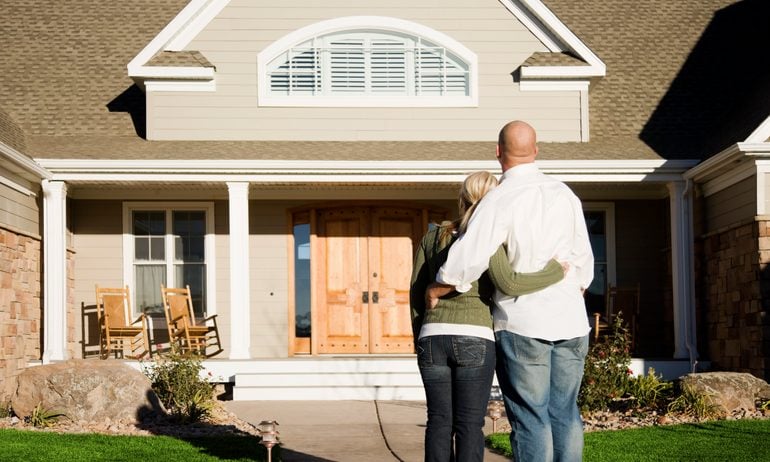Advertisement

VA Property Valuations: Understanding Criteria, Costs, and Anticipations
Understanding VA Appraisals: What You Need to Know
If you're venturing into homeownership with a VA loan, brace yourself for an essential step: the appraisal. This process is designed to determine the true value of your potential home, ensuring it meets the standards set by the U.S. Department of Veterans Affairs. Unlike traditional mortgages, where the lender arranges the appraiser, a VA-approved appraiser will carry out this crucial task for loans backed by the VA.
The Importance of VA Appraisals
When you secure a VA loan to purchase a home, an appraisal is a must. This step does more than just assess the market value; it’s a thorough inspection. The appraiser diligently checks that the property meets minimum safety and quality standards established by the VA. Whether you’re considering a VA cash-out refinance or a VA streamline refinance, understanding these appraisals is key—although the latter may not always require one.
Appraisal Fees: What to Expect
When it comes to costs, the borrower typically pays the VA appraisal fee, which contributes to the closing costs of the mortgage. Interestingly, the seller may take on this fee if agreed upon. Each state has its own limits for VA appraisal fees, which generally hover between $425 and $875 for typical properties. Appraisers may charge more for complex property evaluations, but they must seek approval for such extras.
Ensuring Property Safety and Livability
The VA’s minimum property requirements serve as a safety net, ensuring homes financed through VA loans are structurally sound and safe for inhabitants. A few key standards include adequate space for daily activities, proper drainage, accessible utilities, and a roof in good condition. It’s essential that the home you’re considering not only feels like a dream but meets these important criteria to ensure a safe living environment.
Timeliness Matters
Speed also plays a vital role in the appraisal process. VA appraisers are expected to respond to an assignment within two business days and must complete their reports within five to 21 business days, depending on the property's location. However, they can request additional time for unique situations. This structure helps keep your homebuying journey on the right track.
Appraisals vs. Inspections: Key Differences
It's critical to differentiate between a VA appraisal and a home inspection. While an appraisal gauges the home's value and compliance with safety standards, an inspection offers a detailed evaluation of the home’s condition. Consider obtaining a home inspection after your offer is accepted but before finalizing the sale. This can catch issues that appraisers might not cover extensively.
Navigating Low Appraisals
Experiencing a low appraisal can pose challenges; if the home's value is deemed lower than the purchase price, it complicates the financing process since VA loans cannot exceed the home’s market value. If the appraiser highlights concerns about a low value, the lender has two business days to present further sales data for similar properties. The appraiser may adjust their findings based on this new information. If you still believe the value is unjust after the appraisal, you have the right to request a reassessment from the VA.
Conclusion: The Path Ahead
Understanding VA appraisals is an integral part of navigating the home-buying landscape with a VA loan. These appraisals not only safeguard your investment but also promote the purchase of safe and livable homes for veterans and their families. While the process may seem daunting, knowing what to expect can streamline your journey toward homeownership.


